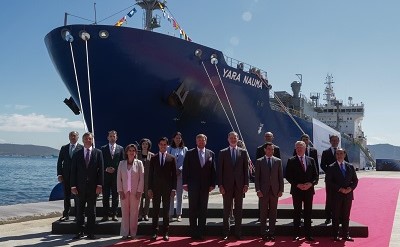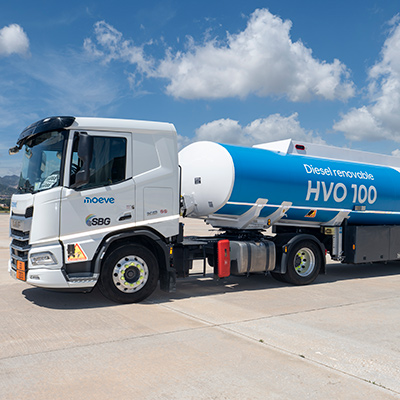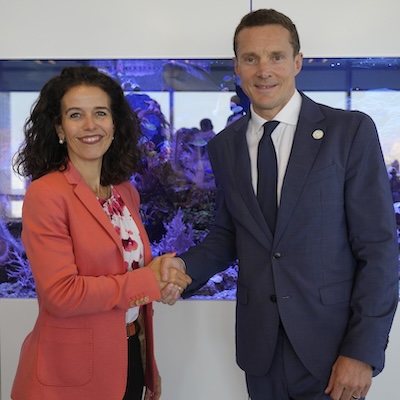- Their Majesties King Felipe VI and King Willem-Alexander participated in an event in Algeciras on green hydrogen with European government authorities and energy sector business leaders
- In the presence of the monarchs, Spain’s Cepsa signed partnership agreements with multinationals such as Yara of Norway and Gasunie of the Netherlands to promote the first green hydrogen maritime corridor linking the south and north of Europe through the ports of Algeciras and Rotterdam
- Green hydrogen is a new renewable energy vector that can reduce CO2 emissions in shipping and industry, among other sectors, by up to 100%, and is expected to provide between 15% and 20% of the world's energy mix by 2050
During the ceremony, the monarchs attended the signing of agreements between the Spanish company Cepsa and European multinationals such as Yara of Norway and Gasunie of the Netherlands. The partnerships are aimed at promoting the first green hydrogen maritime corridor between southern and northern Europe, connecting two of the main ports of the continent, Rotterdam and Algeciras. The corridor will help to create a renewable energy supply chain to decarbonize industry and maritime transport, connecting the Andalusian Green Hydrogen Valley, led by Cepsa in southern Spain, with Rotterdam, which has some of the highest energy demand in Europe. After reaching the Rotterdam port, the green hydrogen can be distributed by pipeline to reach a large number of industrial companies located in the center and north of the continent.
In addition to the monarchs, the event was also attended by the Third Vice President and Minister for Ecological Transition and Demographic Challenge, Teresa Ribera, the Minister for Climate and Energy Policy of the Netherlands, Rob Jetten, the President of the Junta de Andalucía, Juan Manuel Moreno Bonilla, the President of the Port of Algeciras, Gerardo Landaluce, and the Director of the Port of Rotterdam International, René van der Plas, among other authorities.
The private sector attendees stressed that the war in Ukraine has increased the need to strengthen collaboration between European countries to increase the security of energy supply and independence of access, while accelerating the transition to clean and decarbonized energy. Among the various new alternatives that are emerging, green hydrogen and its derivatives such as green ammonia have been shown to be among the fastest, most viable and competitive solutions to achieve this goal.




